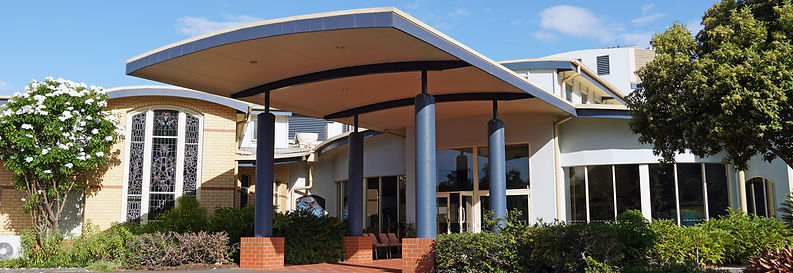Spend Less
- CKCC Community

- Dec 11, 2019
- 2 min read
At one level, a call to “spend less” is definitely not what traders and politicians want to hear! Yet as the Advent Conspiracy study points out, it is an ambiguous goal which raises many questions. Is “spend less” what we really mean, or is it more nuanced than that? Whatever else is true, our money and the way we use it certainly tells a story! But the same is true also for churches and governments.
The second Sunday of Advent invites us to reflect on PEACE, and that relates directly with the theme of our spending habits. Among the many questions that could be asked, we might dare to ponder what the world would look like if the billions of dollars spent on war were to be redirected to, or even shared equally with projects designed to promote peace and well-being!
If our spending tells a story, and I believe it does, what is it saying? What is it saying about our values and priorities? What message is it sending to our children? There are lots of questions, and part of the secret is the importance of asking the right questions! A critical beginning point is to remember that our spending habits do not stand in isolation, but rise directly out of our faith commitment.
This is certainly not about being a “cheapskate”, but rather “giving from a place of true worship”. It is about making Christmas better. As the AC study booklet declares, I believe correctly:
“Our economy and our society have accepted radical greed as the norm, and each of us somehow justifies the suffering of others that our lifestyle causes. The only sure remedy is a change of heart, and the best place to begin is at the feet of the newborn Jesus”.
The Advent Conspiracy certainly calls on us to reject radical greed as the norm! If you have come across Thackeray’s novel Vanity Fair, recently screened on ABC TV, you would have picked up the point that so many of us are chasing after goals that are not worth having! On the other hand, you may be familiar with the famous quote from Mahatma Gandhi:
Live simply, so others may simply live.
The other day I sat down to have a coffee in our shopping centre, and I looked straight at a shoe shop sign that declared, “It feels good to spend-less”! Indeed, it does! Yet in reality, the issue is not so much that we should spend less, but rather that we are called to spend differently; or as the AC might put it,
“spend less, except when you should spend more”.
It comes down to seeking to live by values and priorities that have their origin in true worship.
Clive W Ayre




%20.jpg)

.jpg)


Comments